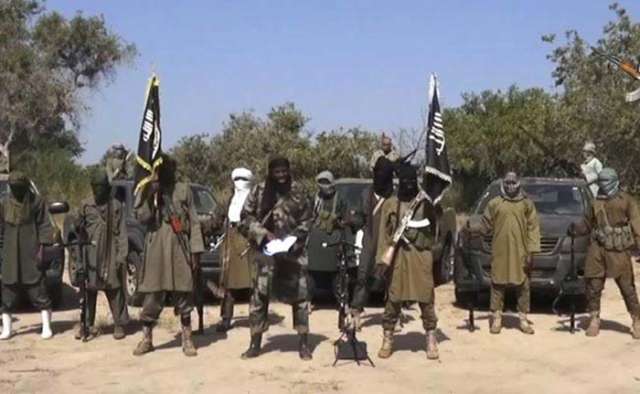Nigeria was worst affected, with nearly 1.2 million children -- more than half of them under five -- uprooted by the Islamist insurgency, which is concentrated in the country`s remote northeast.
Some 265,000 other children have been affected in neighbouring Cameroon, Chad and Niger, which Boko Haram has increasingly targeted after they joined Nigeria`s military in a regional counter-offensive.
"Each of these children running for their lives is a childhood cut short," said UNICEF `s regional director for West and Central Africa, Manuel Fontaine.
"It`s truly alarming to see that children and women continue to be killed, abducted and used to carry bombs."
Boko Haram has been fighting to establish a hardline Islamic state in northeast Nigeria since 2009.
At least 15,000 people have been killed since then, some 1,100 of them in a wave of suicide bombings, deadly raids and bomb attacks since Muhammadu Buhari became Nigerian president on May 29.
Buhari has said he is confident "conventional" attacks will be stopped by November, although suicide and homemade bomb attacks could continue.
Earlier this month, the International Organization for Migration revised upwards its estimate of those internally displaced by the conflict from 1.5 million to more than 2.1 million because of the recent surge in attacks.
The IOM`s head of mission in Nigeria, Enira Krdzalic, said many IDPs living in host communities had yet to receive basic food and shelter, calling for more to be done.
On Wednesday, the charity Medecins Sans Frontieres also appealed for international help after 16 people died and 172 fell ill in a cholera outbreak at three IDP camps in Maiduguri, northeast Nigeria.
The UN regional humanitarian coordinator for the Sahel region Toby Lanzer, told AFP thousands of Nigerians who fled to a refugee camp in southeast Niger were in an "atrocious" situation.
UNICEF said it had increased its operations in the Lake Chad region, including child vaccination programmes, education and psychological counselling.
Nearly 65,000 children under five had received treatment for severe acute malnutrition, it added.
But Fontaine said more funding was needed because the agency had only received a third of the $50.3 million required to finance its operations in the Lake Chad region this year.
That has left more than 124,000 children hit by the violence unvaccinated against measles. Some 208,000 are out of school and more than 83,000 lack access to safe drinking water.
"With more refugees and not enough resources, our ability to deliver lifesaving assistance on the ground is now seriously compromised," said Fontaine.
"Without additional support, hundreds of thousands of children in need will lack access to basic health care, safe drinking water and education."
More about:















































